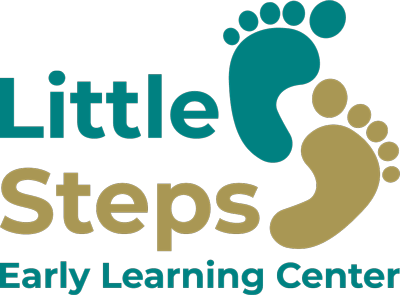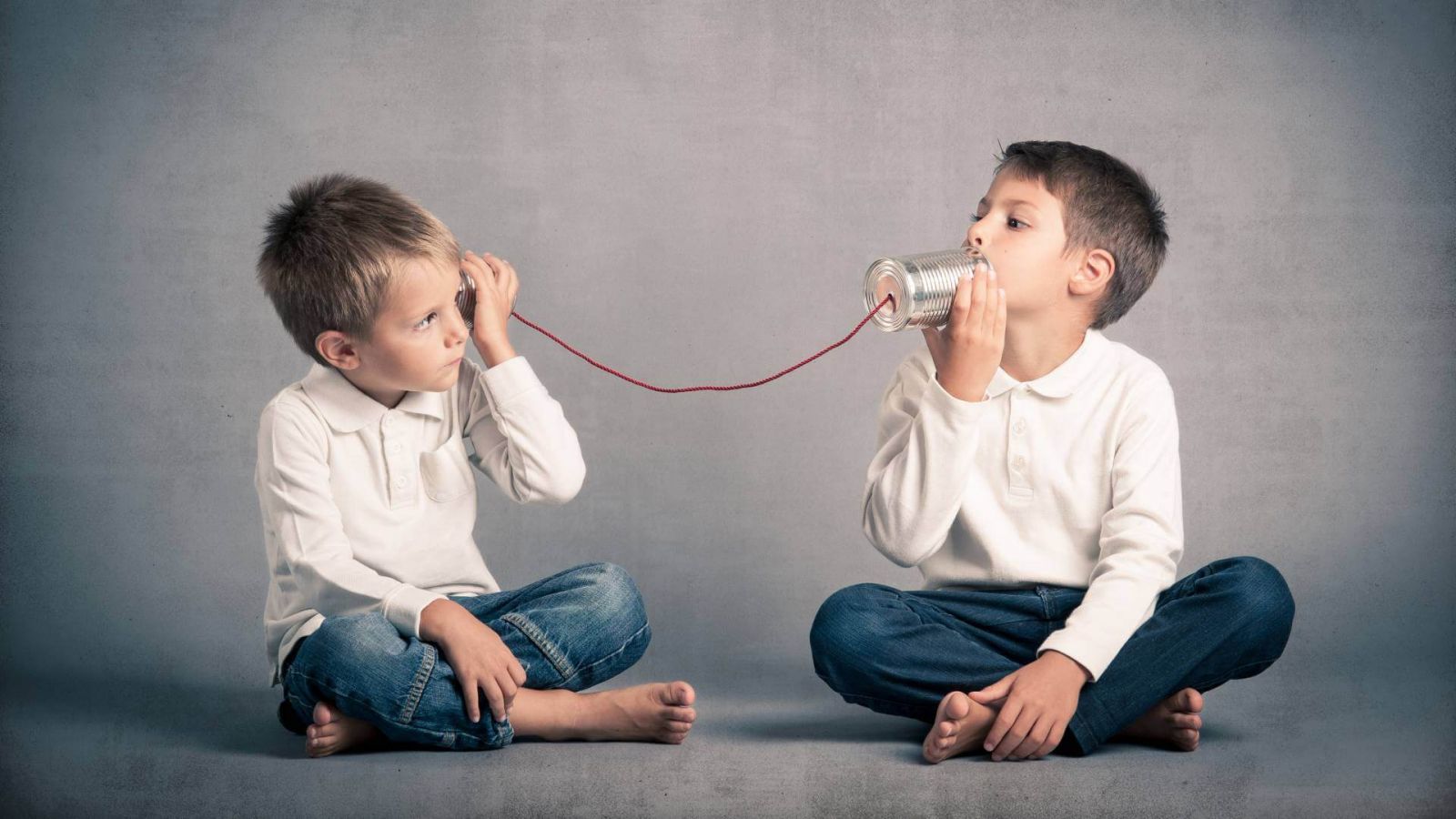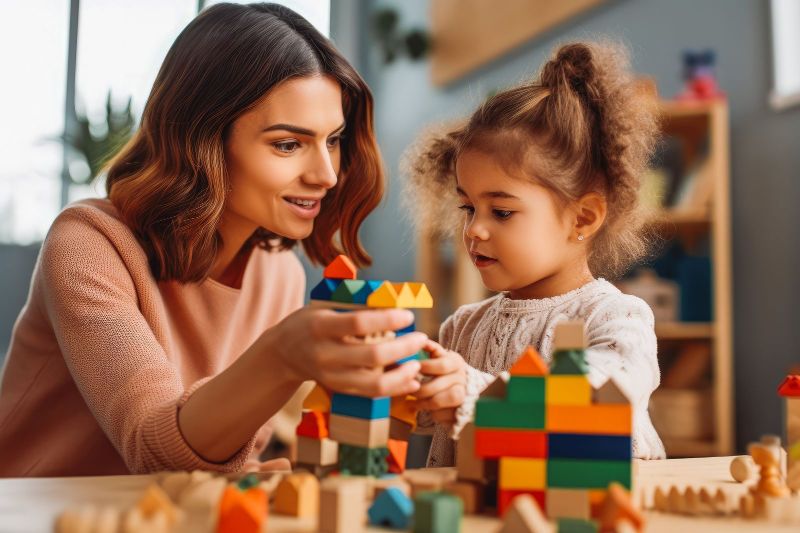The toddler years mark a magical phase in a child's development, characterized by boundless curiosity, emerging independence, and the joy of discovery. Play, during this stage, becomes a powerful vehicle for learning, especially in the realms of social skills and confidence building. In this blog post, we'll explore the significance of play in toddlers' lives, the role it plays in developing social skills, and how it contributes to building their confidence.
- The Power of Play in Toddler Development:
Play is not just a pastime for toddlers; it's their primary mode of exploration and learning. Through play, toddlers engage with the world around them, developing cognitive, physical, and emotional skills. Play provides a safe and enjoyable space for toddlers to experiment, discover, and make sense of their surroundings.
- Social Skills Development:
Play is a social activity that lays the foundation for the development of crucial social skills in toddlers. When children engage in play with their peers, they learn to navigate social interactions, share, take turns, and cooperate. These early experiences contribute to the formation of a solid social foundation.
- Types of Play:
Understanding the various types of play can shed light on the ways toddlers build social skills:
- Parallel Play: In the early toddler years, parallel play is common, where children play alongside each other without direct interaction. This stage sets the groundwork for social engagement.
- Associative Play: As toddlers grow, they progress to associative play, where they start to interact with each other, share toys, and engage in simple cooperative activities.
- Cooperative Play: In the later toddler years, cooperative play emerges, involving more organized and interactive activities. This stage marks a significant development in social skills as toddlers work together towards common goals.
- Building Empathy and Emotional Intelligence:
Play provides a platform for toddlers to explore emotions, both their own and those of their peers. Through imaginative play, such as role-playing or using dolls, toddlers begin to understand different perspectives, building empathy and emotional intelligence – crucial components of healthy social development.
- Communication Skills:
Engaging in play helps toddlers develop essential communication skills. Whether through words, gestures, or expressions, toddlers learn to convey their thoughts, needs, and feelings. Play allows them to experiment with language, practice turn-taking, and enhance their ability to express themselves effectively.
- Encouraging Positive Peer Interactions:
Playtime offers opportunities for toddlers to establish positive relationships with their peers. From sharing toys to resolving conflicts, these interactions contribute to the development of crucial social skills, such as cooperation, negotiation, and problem-solving.
- Boosting Confidence Through Achievement:
Every successful interaction and achievement during play serves as a confidence booster for toddlers. Whether they complete a puzzle, build a tower, or engage in a cooperative game, these small victories contribute to a growing sense of competence and self-assurance.
- The Role of Adult Guidance:
While toddlers benefit greatly from peer interactions during play, adult guidance is essential in facilitating positive social development. Adults can model appropriate behavior, encourage sharing, and provide support in resolving conflicts. Their involvement creates a secure environment where toddlers feel confident to explore social interactions.
- Diversity in Play Experiences:
Introducing a diverse range of play experiences enriches toddlers' social development. From outdoor play to creative arts and group activities, exposing toddlers to various play scenarios broadens their social skills, adaptability, and understanding of the world around them.
- Nurturing Individuality:
While social skills development is crucial, it's equally important to nurture each toddler's individuality. Allowing toddlers the freedom to express themselves and encouraging their unique interests fosters a healthy sense of self and confidence.
Toddlers at play are not merely engaging in activities; they are actively building the foundational blocks of their social skills and confidence. Through the joyous exploration of play, toddlers learn to navigate social interactions, communicate effectively, and develop a strong sense of self. As caregivers, parents, and educators, our role is to create a supportive environment that fosters positive play experiences, allowing toddlers to flourish socially and build the confidence they need for future challenges.
In the world of toddlers at play, every laughter-filled moment, every shared toy, and every cooperative game contribute to a tapestry of social development. By recognizing the power of play in building social skills and confidence, we embrace the unique magic of the toddler years – a time of growth, discovery, and the joyous pursuit of connection and self-assurance.


